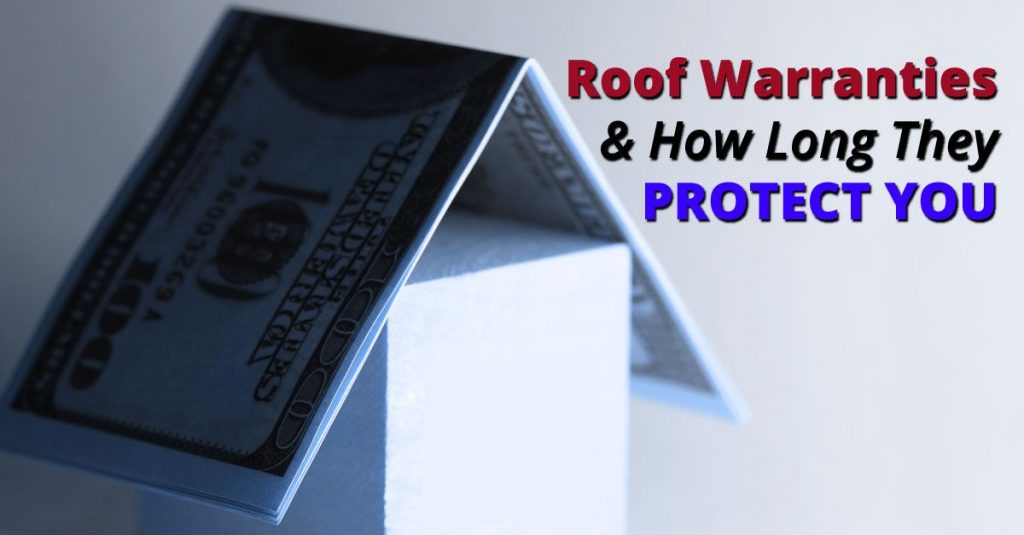
When you get a new roof, the most common kind of warranty is the manufacturer’s warranty. These days, these warranties cover roofing materials for 20 to 50 years. However, they only provide protection against defects in the roofing materials themselves and not failures due to improper installation or poor maintenance. A manufacturer’s warranty could be voided if the homeowner cannot provide proof of regular maintenance by a certified roofing contractor.
Manufacturer’s Warranty Vs Workmanship Warranty
A manufacturer’s warranty covers the roofing materials if they fail as a result of defects in the manufacturing process. But, even if the fault can be traced back to the manufacturer, this warranty won’t cover any labor costs required for the installation. This is why reputable roofers offer a workmanship warranty for the roofing services they provide.
A workmanship warranty covers the roofing contractor’s work for a specified number of years or a lifetime. This type of warranty is offered by roofers who want to stand by their work. However, it often states the warranty will only stand if the same contractor continues working on the roof and providing the necessary regular maintenance. If you bring in a different contractor to fix an issue on the roof, this warranty can be voided.
Lifetime vs. Shingle Warranty
Lifetime warranties are an important feature for any homeowner, but many people often assume they provide free roof repairs whenever an issue crops up. If you have a shingles warranty of 20 years, it doesn’t mean your roof will require repair or replacement in 20 years. A lifetime warranty, on the other hand, does not guarantee your roof will remain in perfect conditions for your lifetime.
The lifespan of your shingles may extend beyond what a shingles warranty covers with the proper care. The life expectancy of shingles will be influenced by several factors, including the weather conditions in your region. Roof warranties don’t cover damage caused by lightning, hail, tornadoes, structural issues, improper ventilation, or movement of the roof deck. It only covers manufacturing defects, which will generally show up during the first few years after installation.
Your roofing contractor can help you understand your roof’s life expectancy and warranty options to provide the best possible protection. More importantly, they will ensure your roof is regularly inspected and maintained to help prolong its lifespan. Contact Roof Repair Specialist in Los Angeles, CA, to understand more about roof warranties.



